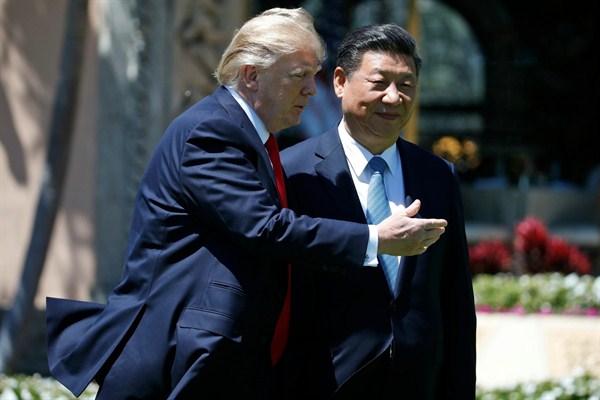More than 100 days into Donald Trump’s term in office, a good deal of uncertainty still surrounds the new president’s approach to foreign policy, mainly due to his unpredictable temperament. Other things have become clearer, though. Trump might be able to change the U.S. presidency; in some ways he already has. By contrast, the world and the international order that governs it have proven more stubborn in their resistance to being refashioned, as has the architecture of alliances, partnerships and rivalries that structure U.S. foreign policy. Gravity, it seems, still exists, and it exercises its pull on everyone, even those who dismiss it as fake news.
In dizzying succession, Trump has abandoned or moderated his iconoclastic campaign positions on issues ranging from NATO, China policy, Syria and Russia, to NAFTA and the Iran nuclear deal. Some observers credit the so-called adults in the administration—primarily Defense Secretary James Mattis and National Security Adviser Lt. Gen. H.R. McMaster—for Trump’s reversion to the mean regarding America’s international engagement. Others suggest it proves the resilience of the global order and its propensity to shape great powers’ behavior as much as it is shaped by them.
Whatever the explanation, the fears raised by Trump’s campaign promises of an unbridled and transactional America looking out only for its own interests now seem misplaced. Trump has revealed that his threats to allies, partners and rivals alike are largely bluster and bluff. While his visibly brittle ego and volatility leave open the possibility of future reversals as sudden and dramatic as the ones so far, his first 100 days in office offer the outlines of a winning strategy for how global leaders might successfully navigate his temperament and character to their advantage.

